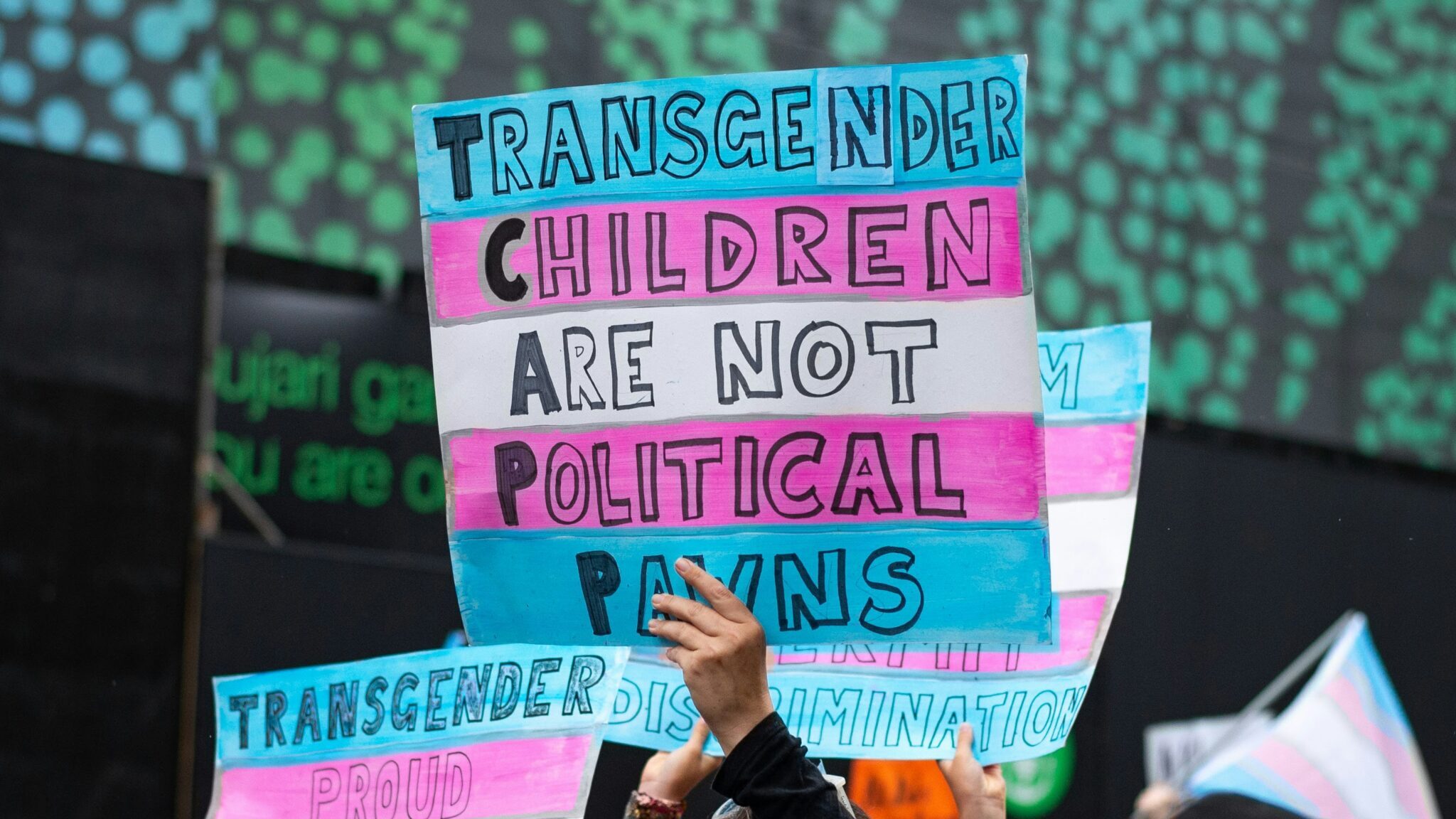QueerMed Resolutely Opposes the Texas Attorney General’s Request for Patient Data
It is imperative to clarify QueerMed’s unwavering stance on this matter: under no circumstances shall we disclose any HIPAA-protected patient information.
Continue
It is imperative to clarify QueerMed’s unwavering stance on this matter: under no circumstances shall we disclose any HIPAA-protected patient information.
Continue
Firefighters in Decatur, Georgia have determined that an October fire at QMed was intentionally set. QMed owner Dr. Izzy Lowell said the FBI is investigating the fire as a hate crime, and, “We will not stop providing life-saving care to our patients.” While the office is “completely destroyed,” Lowell said the clinic is seeing patients remotely.
Continue
In the ever-evolving landscape of healthcare, particularly in the realm of gender-affirming care, staying informed and adaptable is key. Recent legislative changes in Florida have…
ContinueTHE HAGUE, Netherlands — The Dutch government made a public apology Saturday for a now discredited and scrapped law that required transgender people to undergo…
ContinueNazrul Islam Ritu was elected on Sunday with more than 9,000 votes. She is appreciated by the local community, especially for her philanthropic activities. Bangladesh…
ContinueABERDEEN, Wash. (AP) — An Aberdeen City Council member is likely the first openly transgender woman official in Washington state. KNKX Public Radio reports the…
ContinueRachel Gonzales has been to the Texas Capitol at least a dozen times since 2017, when she advocated against a bill that would’ve banned her…
ContinueUnder a groundbreaking decision by state and federal officials, many private health plans sold in Colorado will soon be required to cover hormone therapy, genital…
ContinueCONCORD, N.H. —Lawmakers in Concord agreed on Thursday to reject legislation aimed at restricting the participation of transgender athletes in inter-scholastic sports. House Bill 198…
ContinueOdd numbered years are relatively quiet for elections, but there’s one race this year that is saying a lot about the future of the Republican…
ContinueRachel Gonzales has been to the Texas Capitol at least a dozen times since 2017, when she advocated against a bill that would’ve banned her…
ContinueTransgender people and their supporters gather in Parliament Square to protest against potential changes NURPHOTO VIA GETTY IMAGES A new report has revealed that one…
Continue